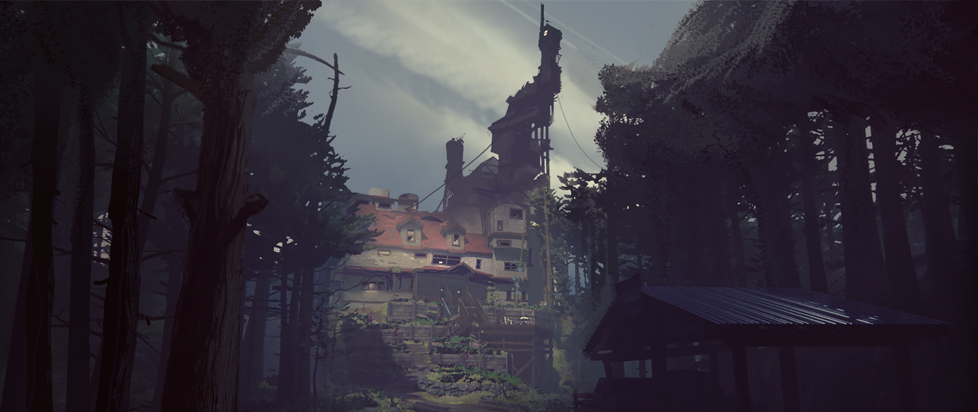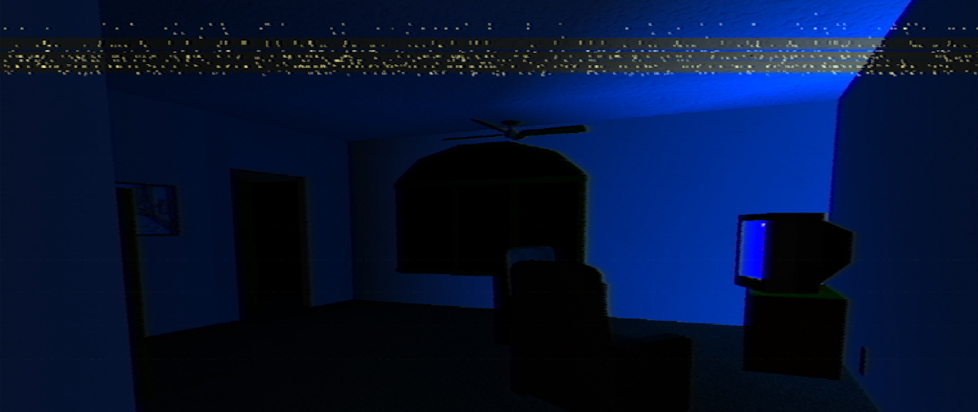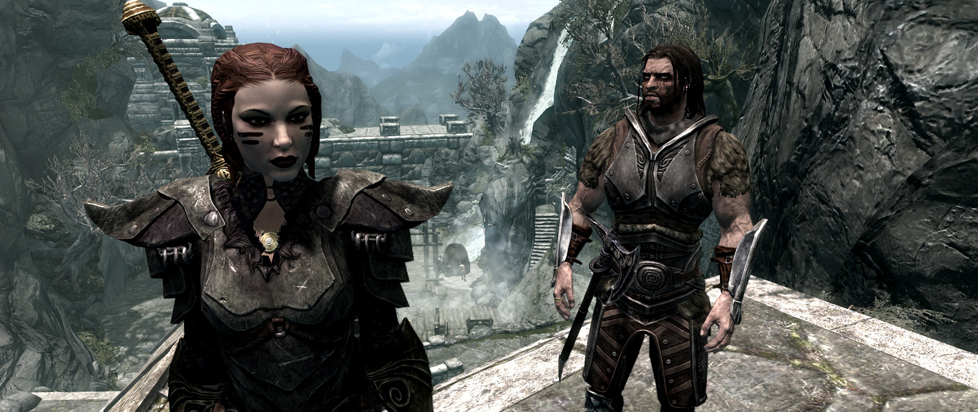
A Strange Hill to Die On
 Gavin Craig has a lot of games on his shelf that he’s never played. Backlog is his attempt to correct that.
Gavin Craig has a lot of games on his shelf that he’s never played. Backlog is his attempt to correct that.
———
This column is a reprint from Unwinnable Monthly #91. If you like what you see, grab the magazine for less than ten dollars, or subscribe and get all future magazines for half price.
———
All appearances aside, What Remains of Edith Finch is not, in fact, a story about a house. What Remains of Edith Finch is a story that wants to be about a house but which also wants to be about a castle and for all its pleasures is never quite able to bridge the gap between stories about people who live in houses and stories about people who live in castles.
Similarly, even though What Remains of Edith Finch is a game driven by death, it is not a game about death any more than Super Mario Bros. is a game about death. It is not even a game about grief and the way it becomes a distinct and sometimes intolerable presence that fills the space left by the loss of someone we love. To tell stories about grief requires intimacy and as much time as What Remains of Edith Finch asks the player to spend exploring the open wounds of the Finch family, it always keeps them at a distance.
In another game, this remove might operate as a re-enactment of a family whose losses keep each of its members emotionally isolated, but What Remains of Edith Finch isn’t telling a story about anything as banal as seeking closure or catharsis in a day-to-day existence that offers neither, or even how human beings carry on in that absence. Every story in Edith Finch is a fairy tale and if the game is intended as a requiem, it operates as a fantasia.
At times, that fantasia is magnificent. One member of the Finch family, Lewis, creates a fully-realized imaginary kingdom while working a rote job in a salmon cannery. While the player performs Lewis’ story, they have to simultaneously guide Lewis through his fantasy world while feeding fish into a mechanical processor. It is a compelling depiction of the tragedy and reality of the divided self—the ongoing experience of the distance between who we are and who we want to be — but is one of the few moments in the game where its gestures toward magical realism succeed in reaching beyond the impersonal terror and wonder of the fairy tale. More often, Edith Finch is content to offer up an eleven-year-old’s take on the Icarus fable, asking the player to read both tragedy and triumph in a boy who wants to swing so high that he comes back around the other side. He gets his wish, and dies, apparently.
[pullquote] No medium exists for the sole purpose of telling stories [/pullquote]
On some level, one of the best qualities of What Remains of Edith Finch is the way it seems to defeat critical intervention. In the week or so since its release, the game has inspired praise of the “lived-in” feeling of its primary set piece, the way it allows the player to “get to know” each of the members of the Finch family, and even a sidelong debate over whether games are wasting the unique potential of their medium by focusing on stories. I have issues with each of these assertions — the Finch house is constructed as a mausoleum both by the game’s developers and the Finch family themselves, where the most vibrant spaces are the sealed-up rooms of the dead. The game never really lets the player know any of the members of the Finch family, each of whom is a reconstruction in Edith’s mind based frequently on secondhand descriptions — a legal deposition from the infant Gregory’s father, who wasn’t present at his death, a poem by Gus’s sister, a horror comic imagining the unknowable circumstances of Barbara’s apparent unsolved murder, a letter from Lewis’s therapist.
And finally, no medium exists for the sole purpose of telling stories, and nearly every medium has a fascinating tradition of works that foreground its formal aspects either to defeat narrative conventions or to disregard them entirely. No medium is naturally suited to the demands of storytelling because both media and storytelling are artificial — ways in which we seek to make sense of or impose ourselves on the “natural” world. We have a tendency to forget this, perhaps because we wish that the world — and even other people, even our own families — reflected us better. But it’s also, I suspect, because of stories like What Remains of Edith Finch that seem to work somehow even though their pieces don’t fit together, almost like magic.
———
Gavin Craig is a writer and critic who lives outside of Washington, D.C. Follow him on Twitter @CraigGav




